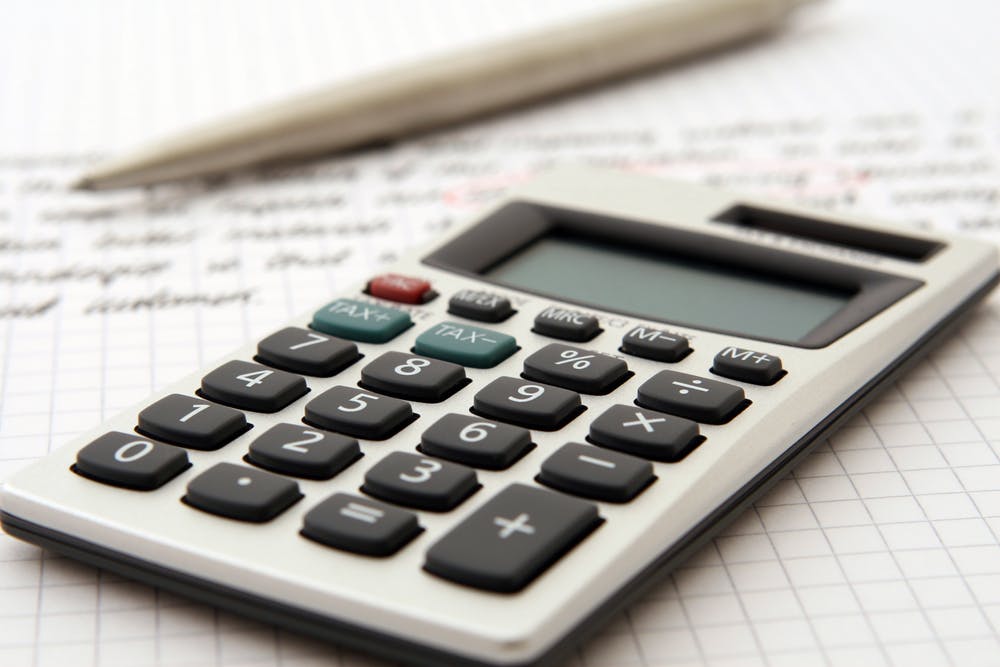Making Tax Digital for VAT
September 18th, 2019

MTD has landed
We first examined Making Tax Digital (MTD), and the arguments surrounding it, back in 2017. Now that the dust has settled and MTD has come into force, it seems a good time for another look. From VAT periods commencing 1st April, MTD now applies for most companies that have taxable turnover above £85,000.
The changes have been presented as a way of ‘making it easier for businesses and individuals to get their tax right and keep on top of their affairs’. By making digital record keeping mandatory, the government hopes to reduce tax errors and thereby generate an extra £610million in tax revenue.
For businesses, this means keeping digital records and submitting tax returns via specialist software. The 1st of April start date means this is very likely something you already need to be doing. However, there are certain circumstances which may mean the new rules do not apply for you.
Is it for everyone?
If your company’s turnover is below the threshold, you’re already exempt from filing tax returns online or are subject to an insolvency procedure then you do not need to worry about the new rules. However, there are other situations in which you are entitled to ask for an exemption.
If you’re unable to use computers, software or the internet due to a disability or where you live, you may be exempt. You may also apply for exemption if you object to using computers on religious grounds. Exemptions are assessed on a case by case basis, apply for an exemption here.
If your business uses the VAT GIANT service you cannot sign up for Making Tax Digital yet and are part of what HMRC terms ‘the deferral group’. This group will be subject to the MTD rules from their first VAT Return period starting on or after 1 October 2019.
Digital Records
The use of spreadsheets carries with it a significant risk of errors. A ‘soft landing’ period is being implemented which will allow the use of bridging software to copy spreadsheet data across to other compatible software, but this is only temporary and copying from spreadsheets will ultimately not be permitted.
All businesses will eventually require a compatible software package that allows you to keep digital records and submit VAT returns. Digital records are key to this whole initiative. Unlike a spreadsheet, where data is manually entered, digital records receive the data directly from other sources – from an app used to process payments, for example. All VAT information will come with a traceable ‘journey’ or digital link.
Compatible software
The government’s MTD guidance site has a search facility for finding compatible software. All records will need to be collated using this. Merely cutting or copying data from one piece of source and pasting it into another piece of software isn’t accepted as a digital link. The software must be used to process all invoice level data and above – entering the monthly total of all invoices would not be detailed enough.
The recommended software is not necessarily fully automated. A click of a button or tick of a box from a human can still be required to action the transfer of data but crucially, no figures or formulas are entered by hand beyond drafting the invoice. The software is also connected via a two way link to HMRC, allowing you to process VAT tax returns, though you will need to authorise your software before it is able to do this.
The future
Under the MTD, you are not required to submit any extra information. You’re still providing the same information contained within the nine boxes of the tax return you are familiar with. However, you’re now required to do so digitally, via your MTD-compatible software, based on the digital records you’ve been keeping and preserving.
The landing period during which spreadsheets can still be used is intended to aid transition and provide for the testing of new systems, not to offer a voluntary delay. Given that other business taxes (including corporation tax) are set to follow VAT into the MTD world, it is highly advisable to use this period of grace to implement a future-proof tax solution.
If you have any questions relating to tax, VAT, or MTD please do not hesitate to contact Briars Group today.
Copyright © 2024 Briars Group | All Rights Reserved | Read Our Cookie Policy
